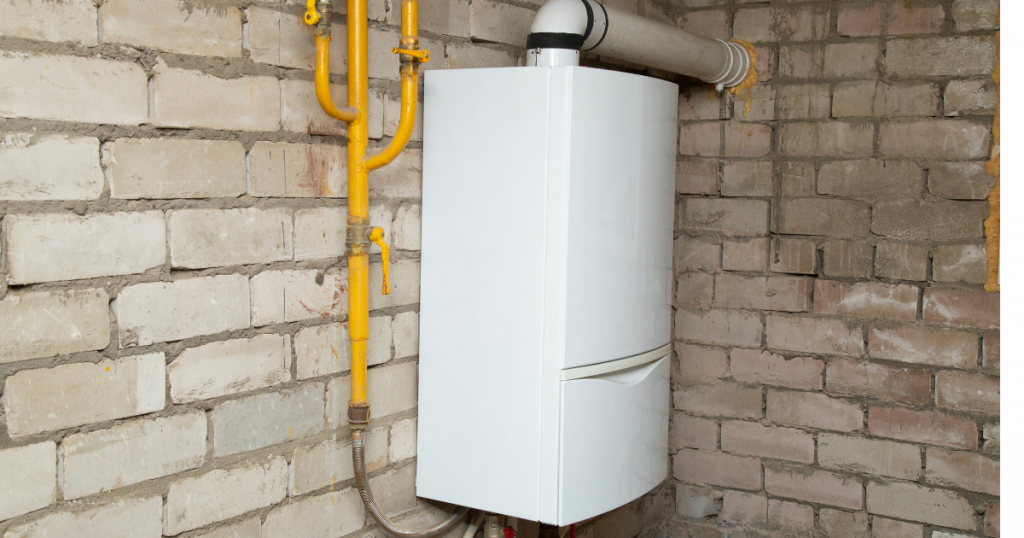
It goes without saying that safety must be priority number one when it comes to gas appliances in your home. The consequences of a faulty or broken appliance can be extremely serious or even fatal in some circumstances, so ensuring you regularly make all the necessary checks is vital.
Issues can occur when an appliance hasn’t been properly fitted, repaired or maintained, or when vents and chimneys become blocked. These kinds of faults can lead to the production of highly-poisonous carbon monoxide gas, which occurs when natural gas or liquid petroleum gas (LPG) doesn’t burn as intended.
This is why it’s crucial that anyone carrying out any kind of gas work on your home, no matter the size of the job, is recognised by the Gas Safe Register. This is the only official gas register of businesses and engineers in the UK, making it the easiest way to know if a person holds the required qualifications to carry out gas work safely.
What are the risks of unsafe gas appliances?
Gas leaks are one of the most common issues that arise from faulty gas appliances and pipework. The moment you suspect a leak you must call an emergency service provider immediately. It’s always better to be safe than sorry in this situation.
Fires and explosions are another potential, serious risk. While these appliances do burn gas in a safe way to function, if gas leaks and builds up from a faulty pipe or appliance, it could be ignited in an instant.
Finally, carbon monoxide poisoning can be life-threatening and is particularly dangerous as this gas can’t be seen, smelt or tasted when it escapes.
How to spot potential faults
While you should have your appliances checked regularly by a professional, and the below should never be seen as an alternative to having an expert in to examine, there are a few things that you can look out for yourself in-between visits, as advised by the Gas Safe Register.
One of the simplest warning signs is that the appliance is no longer working as it should, or that it’s started to gather black or brown marks around it.
Other warnings include the appliance producing a floppy yellow flame rather than a crisp blue one, the pilot light frequently going out on your boiler or increased condensation appearing on your windows.
How often should gas appliances be checked?
Your gas appliance’s manufacturer guidelines should advise how often a service needs to be carried out. Barring that, the Gas Safe Register recommends annual checks even if no faults arise.
If an issue does present itself, at a minimum, an appliance service should be carried out by a qualified engineer.
The costs of these checks can vary depending on the engineer you use. However, some people are eligible for free gas safety checks, so it’s worth getting in touch with your supplier to see if you qualify.
Gas Safe Courses at Able Skills
At Able Skills, all of our gas courses are taught by experienced industry professionals to the latest Gas Safe standards. Interested in learning a little more about our gas courses? Our friendly team would be happy to chat.
Give us a call on 01322 280 202, request a brochure or pop into our training centre for a chat.